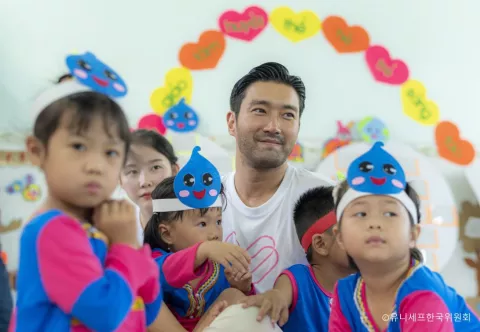Children's Rights and Business Principles
Children are key members of the communities and environments in which business operates

- Available in:
- English
- Tiếng Việt
Highlights
Children under 18 years old account for almost one third of the world’s population. In many countries, children and youth make up almost one half of the national population. It is inevitable that business, whether small or large, will interact with and have an effect on the lives of children both directly and indirectly. Children are key stakeholders of business – as consumers, family members of employees, young workers, and as future employees and business leaders. At the same time, children are key members of the communities and environments in which business operates.
With increased attention being paid to the role of business in society in parallel to governments and other societal actors, and with greater awareness of the links between business and human rights, the explicit focus on the impact of business on children is also timely. Children are among the most marginalized and vulnerable members of society and this is evident from their lacking a public voice. They are rarely given a say or consulted about how communities make decisions – even decisions affecting them directly, such as planning for schools and recreational areas. Yet, when given the opportunity to participate, children have demonstrated that they can provide important alternative viewpoints and make valuable contributions.





